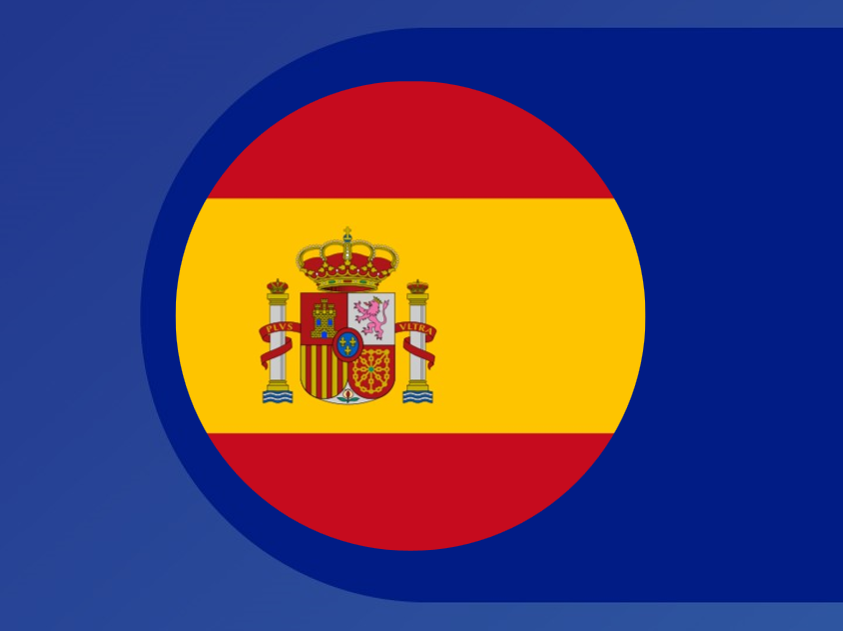591 resultados encontrados
Skip results of view Noticias

The Use Case Observatory , an initiative led by data.europa.eu , serves as comprehensive research aimed at evaluating the impact of open data across Europe between 2022 and 2025. This project focuses on analysing 30 reuse cases and aims to contribute with valuable insights to the broader goals of data.europa.eu while shedding light on the challenges and successes of open data reuse and impact assessment methodologies. Expanding on the findings from the first volume , this second volume selected 13 reuse cases out of the initial 30 and categorised them according to the four dimensions of open

The Council of Europe 's HELP programme is an educational initiative that offers training sessions for legal professionals across Europe. The courses cover a wide range of human rights topics, reflecting the diverse areas of work within the Council of Europe, and aiming to enhance the protection of human rights on a national level. The latest course on the platform addresses data protection in publication of judicial decisions . It defines personal data, and delves into collecting, using, and protecting them. As legal professionals navigate the complexities of data protection in the judicial

Spain's Open Data Portal , part of the Aporta Initiative launched in 2009, stands as a cornerstone in promoting public information openness and fostering advanced data-driven services. The platform, datos.gob.es , serves as a hub for administrations, businesses, and citizens engaged in Spain's open data ecosystem. Developed within the current legislative framework, the Aporta initiative encompasses seven key action lines reflected on the portal. These include sensitisation, analysis and statistics, regulation, national and international Cooperation, national catalog and support, and innovation

On 12 April 2024, from 10.00 to 11.30 CET, the Data.europa Academy hosted the webinar ‘Personal data management and altruism: how and when are individuals empowered to make data sharing decisions?’, concluding a series on the Data Governance Act (DGA). The first session delved into the DGA's legal framework, aiming to enhance data sharing in a secure and granular way, and explored the contrasts with the Open Data Directive . Over 500 people registered for this second session, which highlighted how the DGA introduces new ways for individuals to control and share their data, aligning with the

The European Commission's adoption of the Interoperable Europe Act marks a key development in enhancing the EU's digital public sector. This Act is set to create a network of interconnected digital public administrations, which not only strengthens cross-border collaboration but also accelerates Europe's digital transformation. At its core, the Act mandates interoperability assessments, ensuring IT system modifications align with the European Interoperability Framework and shared 'Interoperable Europe solutions' . Transparency is promoted via the publication of these assessments, steering

This week we celebrate the European Youth Week 2024 , an event organised every two years by the European Commission to celebrate and promote youth engagement and active citizenship across Europe. From April 12 to April 19, 2024, young people are encouraged to participate in various activities and discussions this year under the theme "Voice your vision," focusing on democracy and the upcoming European elections. During the European Youth Week, participants have the opportunity to engage in meaningful dialogues with policymakers and decision-makers, shaping their vision for the future of Europe

In today's digital landscape, maintaining privacy alongside open data efforts is essential. It involves safeguarding personal information from unauthorised access or sharing, ensuring individuals have control over their data. However, as open data initiatives become more widespread, managing the balance between privacy and data accessibility presents new challenges. Open data initiatives seek to make data findable and datasets interoperable with a view to maximising their reuse both alone and in combination with other datasets. However, these projects involve sharing extensive datasets, some

Today we celebrate the World Health Day 2024 , a powerful reminder of the of the importance of public well-being and the challenges it faces worldwide. From emerging diseases and environmental disasters to the devastating impacts of conflicts, the basic right to health faces escalating threats. Amidst growing global health concerns, the severity of the situation is highlighted by alarming statistics : every five seconds, someone dies due to indoor or outdoor air pollution caused by the continuous burning of fossil fuels. Despite health being acknowledged as a fundamental human right in the

What makes 2024 a big year for the digital landscape in Europe? Maybe the AI Act , the first-ever legal framework on AI, or recent progress in the health data space comes to mind. All good suggestions – but there is more. This year marks the 10th anniversary of the Open Data Maturity (ODM) assessment, our flagship publication that documents the year-on-year progress of European countries in making data openly accessible and stimulating its reuse. When it was first launched, ODM measured two dimensions of maturity in 31 countries. Today, it assesses maturity across the entire open data value

In today's busy cities, managing traffic flow is a constant challenge, but advancements in technology offer promising solutions. Open data is emerging as a valuable tool in this endeavour. By strategically utilising open data, traffic managers can not only alleviate immediate congestion but also make long-term infrastructure improvements. Analysis of travel times and other factors, such as route reliability , traffic conditions and alternate routes, helps drivers make informed decisions about when and where to travel. Real-time data alerts drivers to potential delays due to congestion or
